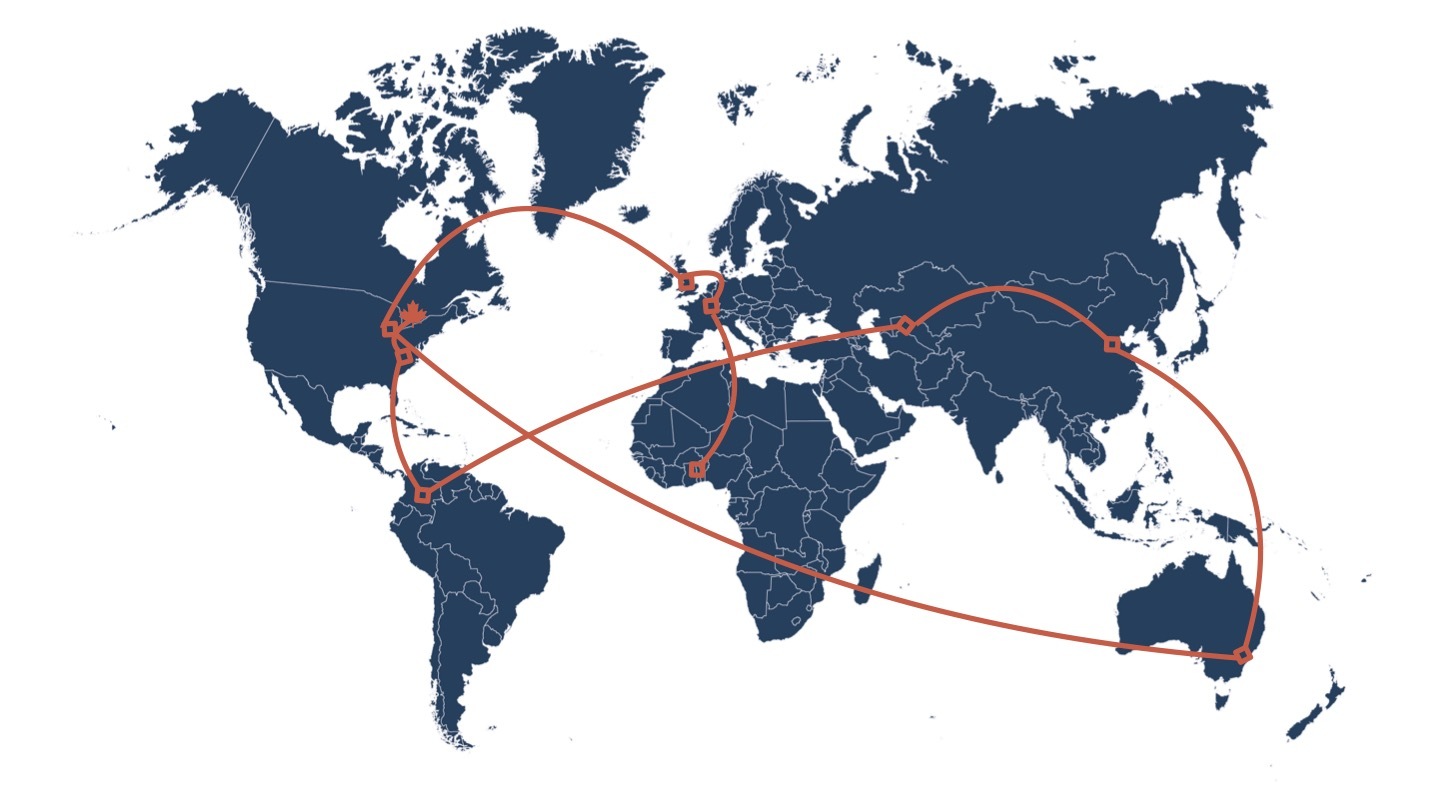Welcome back to The Fifteen, your source for the newest and emerging stories from around the world of higher education. Last week, we looked at cuts coming to universities at home and abroad. This week, however, we’re looking at emerging markets around the world, from India, China and even Uzbekistan. Enjoy this week’s articles.

- Among the many disasters awaiting American higher education in 2025 is the potential for a radical politicization of accreditation. Trump’s Vision for College Accreditation Could Shake Up the Sector process, (The Chronicle)
- The Colombian government’s financial problems are starting to affect higher education. Institutions may be required to offer free tuition without public funding, and the student loan agency, ICETEX, is in disarray. Coverage, promotion and free admission enter intensive care due to the country’s fiscal crisis, (El Observatorio de la Universidad Colombian)
- If you believe UNESCO statistics, Uzbekistan has now moved into third place overall among exporting student nations, behind only China and India. Uzbekistan is third-biggest source of foreign students, (University World News)
- China is once again expanding its Double First-Class initiative to support university research. In theory, it’s about expanding institutional inclusion and encouraging interdisciplinarity. I have my doubts about the latter. China expands successful world-class universities initiative, (University World News)
- An interesting piece from the Times Higher on the difficulties Australia is having in making its “New Columbo” plan for outbound student mobility meet its objectives. Australian outward student mobility programme stuck in ice, (Times Higher Education)
- Also from Australia: the Tertiary Education Quality and Standards Agency has published an overview of how universities there are using Gen AI. Gen AI strategies for Australian higher education: Emerging practice, (TEQSA)
- Bryan Penprase has a piece on America’s “mega-universities.” There are some interesting notions in here, particularly on how scale drives down cost, but comparisons with “mainstream” universities are difficult without accounting for fields of study offered and the kinds of students being catered to. The Mega-Universities Disrupting Higher Education, (Forbes)
- Instead of asking international students to come to you, why don’t you go to them? Demand remains strong for transnational Education in UK institutions, proving it can be done. Global appetite for UK TNE shows no sign of diminishing, (University World News)
- Asian universities are rising to meet the steady growth in demand for higher education, sometimes through partnerships with Western Institutions. Asia’s Universities Are Redefining Excellence In Higher Education, (Forbes)
- On a related note, market intelligence says that the higher education sector is projected to continue to grow into 2050. HolonIQ examines global trends shaping the future of work, (The PIE)
- The marketized education systems of Australia, Canada, the UK, and the US are all having a hard time coping with changing rules and student preferences, but a financial crunch is also on in more heavily subsidized systems like France, where one university President says that if the state does not come up with more money soon, (currently very low) tuition fees will need to increase 10x. “Il faudrait multiplier les frais d’inscription par dix en 2025 si l’État ne fait rien” alerte la présidente de l’Université Paul-Valéry à Montpellier,” (Midi Libre)
- The EU is exploring the possibility of creating a “European degree” which would be recognized across Europe in the hopes of promoting mobility and collaboration through its “University Alliances” scheme, though some (us included) question the effect it would have. Ministers seek to reward alliances as EU degree talks go on, (University World News)
- Every year, the Higher Education Policy Institute (HEPI) in London ranks UK universities on the Social Mobility Index based on the “social distance” travelled by socio-economically disadvantaged graduates from each institution. Here’s this year’s rankings: 2024 English Social Mobility Index, (HEPI)
- An opinion piece discusses concerns around quality assurance in universities and the Ghana Tertiary Education Commission’s history of relaxed standards. Is Ghana’s Higher Education System Failing Its Graduates? The Case for Stronger Standards and Industry-Relevant Training, (Modern Ghana)
- New research applies statistical modelling to the adoption of Natural Language Processing systems like ChatGPT for higher education students. Adoption of ChatGPT in Higher Education-Application of IDT Model, Testing and Validation, (IEEE Xplore)
And, as it is December 6th, we ask our readers take a moment to remember:
Geneviève Bergeron
Hélène Colgan
Nathalie Croteau
Barbara Daigneault
Anne-Marie Edward
Maud Haviernick
Maryse Laganière
Maryse Leclair
Anne-Marie Lemay
Sonia Pelletier
Michèle Richard
Annie St-Arneault
Annie Turcotte
Barbara Klucznik-Widajewicz

 Tweet this post
Tweet this post
